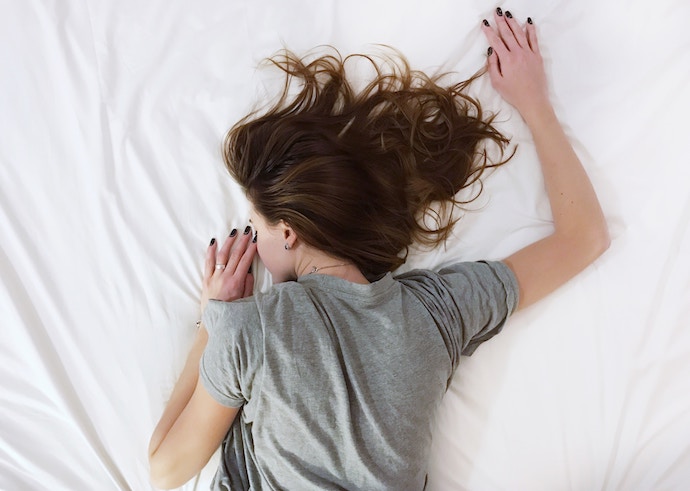
13 May How An Oral Device Can Help Treat Sleep Apnea
Sleep apnea is a potentially serious sleep disorder that disrupts breathing during sleep. Since sleep apnea is a fairly common condition, there are a few different types of treatment options available to reduce obstruction during sleep. A sleep apnea oral device or application is one of the most common treatments, though sleep apnea treatment depends on a number of personal factors, one being the structure of a patient’s airways.
Sleep Apnea Oral Device
The two most commonly used devices for mild to moderate sleep apnea are Mandibular Advancement Devices (MADs) and Tongue retaining devices.
Mandibular Advancement Device
The MAD snaps over the upper and lower dental arches and pushes the lower jaw and tongue forward. This prevents throat muscles from narrowing airways and allows for normal breathing during sleep. MADs are adjustable and fine-tune jaw position for effectiveness.
Tongue Retaining Devices
Tongue retaining devices are not as common as MADs but are still very effective in reducing breathing obstruction patterns during sleep. The tongue retaining device is a splint that holds the tongue in place which works to keep airways open. While both the MAD and tongue retaining device work well for those suffering from sleep apnea, they are also great devices in reducing loud snoring by reducing airway turbulence.
Advantages of Using an Oral Device
There are many advantages to choosing an oral device over a different sleep apnea treatment like a CPAP (Continuous Positive Airway Pressure) machine or oral surgery. The oral devices are small which makes them easy to travel with, and are custom made to each patients mouth for optimal effectiveness. The devices are also more discreet and are often unnoticeable to a bed partner, unlike the very loud and cumbersome CPAP machine and mask. Actually, over 30% of patients using a CPAP machine end up not using it because of all its difficulties.
Possible Side Effects
Though oral devices are the favored treatment for sleep apnea, the devices may cause negative side effects. Some of which include an altered bite, movement of teeth, general mouth pain, arthritis of temporal mandibular joint, dry lips and excessive salivation.
Sleep Studies
Though not always required, a sleep study conducted by a sleep physician is often recommended to determine a proper diagnosis before receiving an oral device for sleep apnea. A patient may be asked to take an additional sleep test after they’ve been using an oral device for a significant amount of time to determine the device’s effectiveness.
Most patients using a sleep apnea oral device report a better nights sleep, restored mental alertness, and an increase in energy throughout the day.


